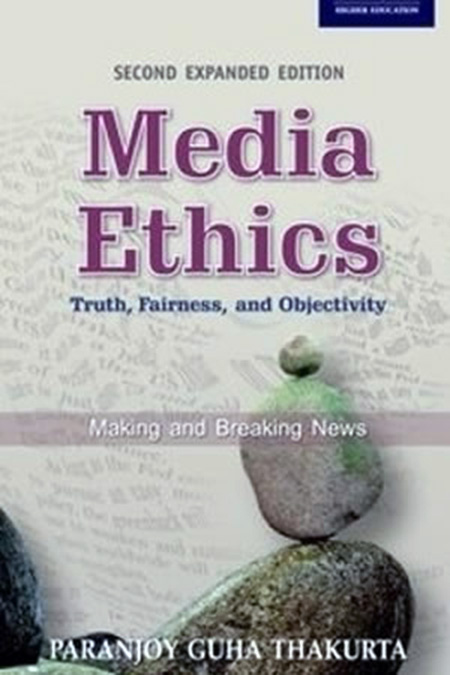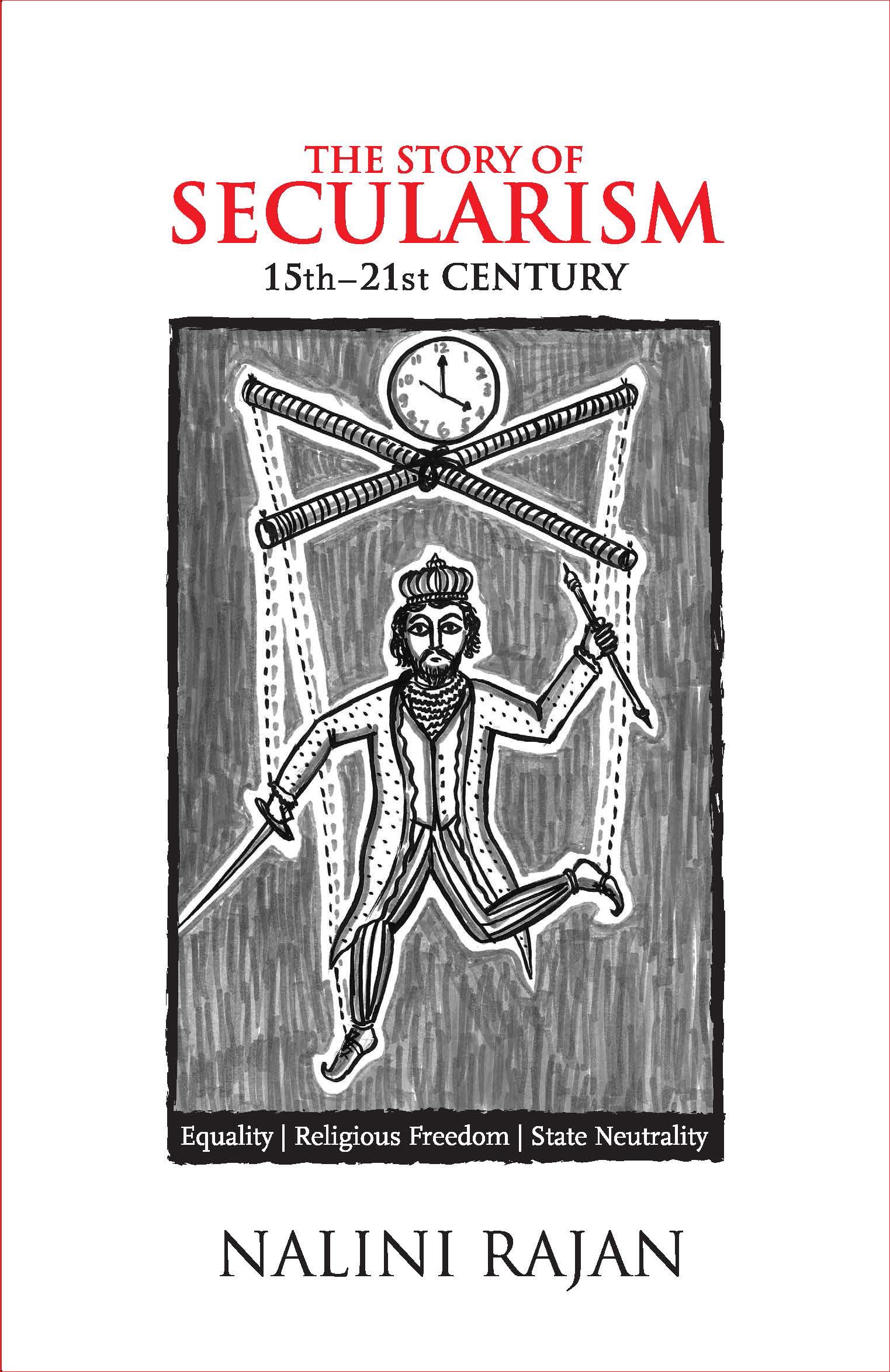Prime Minister Narendra Modi is making waves meeting the high and mighty from across the planet. But back at home, many in the party to which he belongs and which is headed by his confidante Amit Shah is no longer exuding the confidence they had even three months ago because of the unexpected outcome of the by-elections in different states. Indians want to hold their heads high in the comity of nations. But in a country where at least one out of four individuals is desperately poor and large numbers are jobless or severely under-employed, successes on the foreign policy front mean little.
For those who have not yet begun thinking of participating in the brave new globalization project that enamours the middle classes of the largest democracy on earth, the world outside appears quite different. For them, food inflation continues to gnaw at the belly, malnourishment is a reality and inadequate utilities like water and power are a given. For them, the corruption of government officials and the muscle-power of the local goon are things they have accepted as part of life. But they are nobody's fools. The voter surprises all of us every time she presses the button on the electronic voting machine. In particularly, armchair political pundits (like this writer) who pontificate in air-conditioned comfort.
In 1984, the year India's youngest-ever Prime Minister Rajiv Gandhi was swept to power with a whopping three-fourths majority in the Lok Sabha, eminent cinema director Satyajit Ray made a film called Ghare Baire ("The Home and the World") based on a novel of the same name by Rabindranath Tagore that was considered controversial at the time it was published in 1916. The novel and the film deal with a dramatic reversal of roles of a traditional feudal lord (who is supposed to be the bad guy) and a radical revolutionary (the good guy) who sets his eyes on the former's attractive wife.
More than a hundred days after becoming the first Indian Prime Minister to head a party with a majority of seats in the lower house of Parliament in three decades, the contrast between Modi's perceived achievements abroad and the tardy progress he has made in trying to fulfil the promises he made to those who voted for him -- the Bharatiya Janata Party's vote share jumped from 18.8 per cent to 31 per cent between 2009 and 2014 -- and those who did not, are rather apparent.
Foreign policy has been one area of statecraft in which successive governments in India have generally tended to favour continuity rather than change. Modi's emphasis on a "neighbourhood first policy" was evident in his invitation to the leaders of the countries of the South Asian Association for Regional Cooperation (SAARC) and Mauritius to attend his swearing-in ceremony. His first visits abroad were to Bhutan and Nepal. Modi’s visit to Japan has been regarded as very successful. Even as he managed to get Tokyo's assurance for investments, he laid out the red carpet for China's President Xi Jinping.
The Prime Minister's visit to the United States in the last week of September is going to be significant for reasons that go beyond diplomacy. After all, he had been denied a visa in 2005 by the US State Department because of his alleged inability to control the Hindu-Muslim riots in Gujarat in 2002 when he was the state's chief minister. India's Prime Minister is yet to convince the country's biggest minority community -- Muslims account for one out of seven people in the country -- that the BJP will not pursue an overtly majoritarian programme stemming from the ideology of its parent, the Rashtriya Swayamsevak Sangh. The BJP does not boast of even a single Muslim MP even as the party has been able to extend its footprint across India like never before.
Even if the new Hindutva of the ruling dispensation has been sought to be packaged with "development" as an important component and not as a crudely communal agenda, what cannot be denied is that the Prime Minister has looked the other way when extreme elements within his party, like Yogi Adityanath, MP from Gorakhpur in eastern Uttar Pradesh, made provocative statements. The outcome of the by-elections in a number of states, notably UP and Rajasthan, should make the ardent votaries of Hindutva think twice about the efficacy of such attempts at communal polarisation.
Modi may think "minimum government, maximum governance" is the medicine for most of the maladies afflicting the country. But the cure could prove worse than the disease if these are applied using a mechanical methodology espoused by many of his supporters, including the representatives of India Inc. Some signs of right-ward thrust of economic policy-making are visible in moves to change labour laws, revise land acquisition policies and expedite frameworks for environmental clearances of industrial projects and for setting up special economic zones where tax exemptions are provided to export-oriented enterprises.
Inflation has eased a bit, but just about. New jobs are yet to be created. The economy is yet to revive despite a fortuitous fall in world oil prices. Modi's unprecedented victory has raised expectations to an extremely high level. What can he now do to ensure that his popularity does not wane, if not dissipate as quickly as Rajiv Gandhi's popularity did in less than five years? There is another parallel between 1984 and 2014. The virtual absence of a political opposition in Parliament is not necessarily the best guarantor of continuing success. It certainly wasn't for Rahul Gandhi's father.


